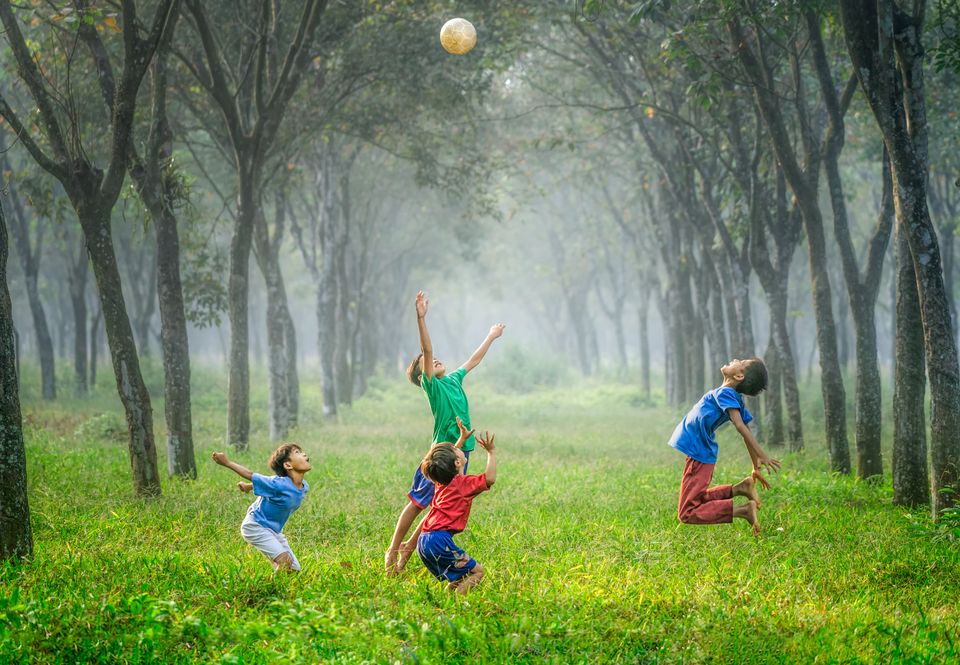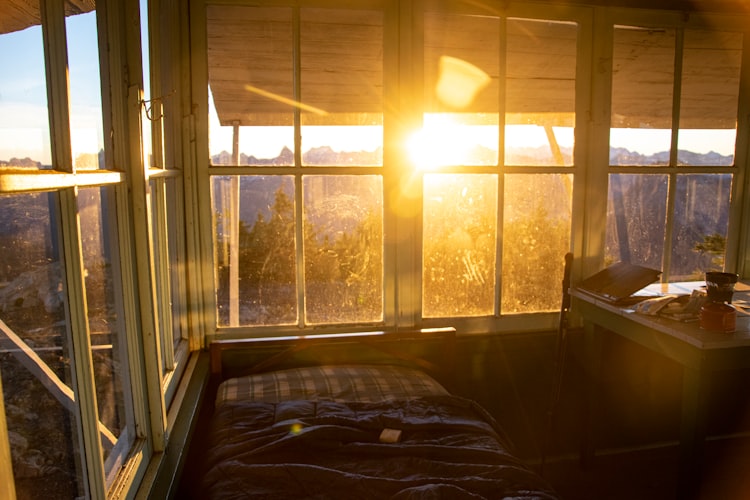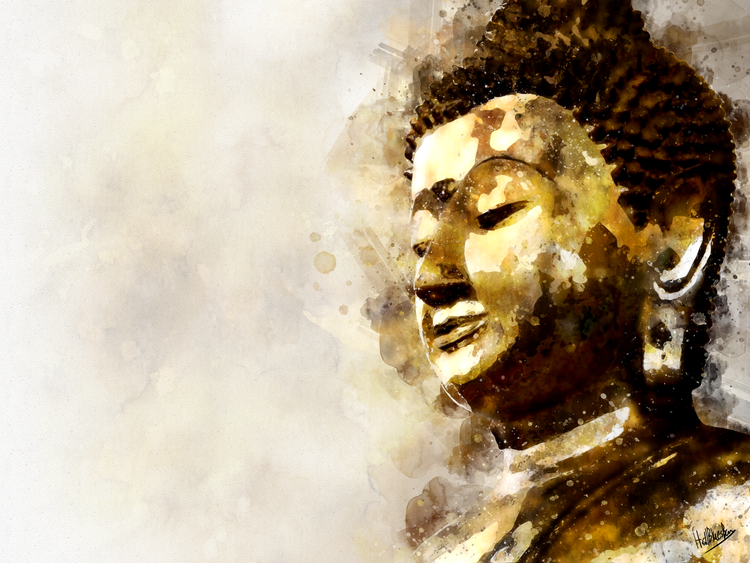At play, at rest.

Being a father of a seven year old, you are constantly reminded that kids are almost always playing. They move from one activity to another in a seamless dance of imagination, art, crafts, building things, destroying things, and being curious about the world around them.
Because they have not learned to control themselves or their emotions fully by this age, they also move dramatically between play and overstimulation, hunger and exhaustion. Play, play, play, Ahh, I'm overtired and hungry!
An astute parent might cut short those cycles before they manifest, but alas, this is the dynamic that often plays itself out.
The interesting thing about kids is all play is not fun or easy. Play might involve trying to climb the rock wall at the playground. It might mean spending an hour trying, falling, trying again, crying, getting back up, and having another go. Play can be tough, physically, mentally, and emotionally.
One could even argue that play should be tough.
I've been playing with a new mental model the last few weeks. What if all my activities fell within these two buckets: rest and play. What if instead of working, I was playing? What if instead of exercising, or doing yard work, or cleaning the house, I was playing?
It's a bit of a stretch for some activities like folding the clothes and paying bills, but it is an interesting mental shift.
Play equals work, exercise, cooking, movement, emotional and physical labor.
Rest equals meditation, naps, reading, hanging out.
Play until you need to rest. Rest until you want to play.
You might even be intentional about building spaces into your day to rest, so that you can play all day and not have to worry too much about crashing.
It's really that simple.




